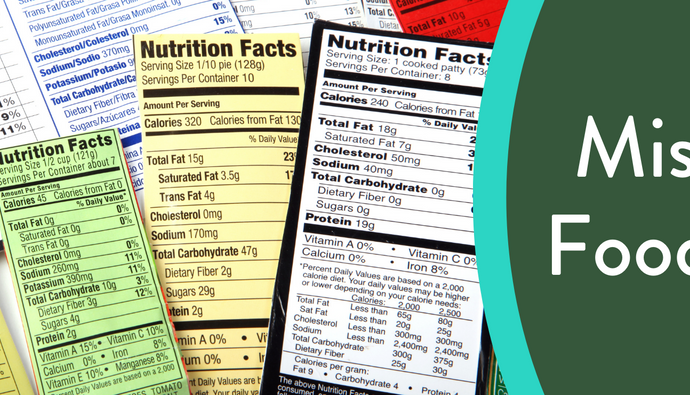Overview of the Economic Survey FY25
The Economic Survey for FY25 emphasizes the need to regulate ultra-processed foods (UPFs), calling for clear standards on permissible levels of salt and sugar. It highlights the misleading marketing of high-calorie, unhealthy products, such as breakfast cereals, juices, and chocolate drinks, often falsely promoted as healthy despite being classified as UPFs.
Rising Consumption and Misleading Claims
India’s consumption of UPFs has surged dramatically from $900 million in 2006 to $37.9 billion in 2019. The Survey stresses the importance of clear front-of-pack labelling for high-fat, sugar, and salt (HFSS) foods to reduce consumer confusion and misleading marketing.
Promoting Healthier Choices
To counter the negative impact of UPFs, the Survey recommends including education on the risks of UPFs and the benefits of healthy eating in school curricula. It also calls for large-scale awareness campaigns to shift consumer habits and encourage brands to offer healthier alternatives. The Survey advocates for promoting local fruits, vegetables, and whole grains, and suggests subsidies to improve their affordability and availability. This approach will help make healthier food options more accessible to the public.
Strengthening Regulatory Measures
The Survey urges the Ministry of Health to define clear thresholds for sugar, salt, and fats in foods and impose stricter regulations on marketing unhealthy foods, particularly to children. It also calls for UPFs to be removed from schools, hospitals, and public spaces, alongside incentives for producing healthier food options.
FSSAI and Government Efforts
In response to growing health concerns, the Food Safety and Standards Authority of India (FSSAI) has moved to make nutritional labelling clearer and more prominent. This includes highlighting sugar, salt, and fat content to help consumers make informed choices and combat rising non-communicable diseases.
Conclusion
The Economic Survey underscores the need for stricter regulations, better food labelling, and public awareness campaigns to promote healthier eating habits. Focusing on whole, minimally processed foods and clear labelling can reduce reliance on UPFs, improve public health, and help combat non-communicable diseases.
Source: Business Standard
 Food Manifest
Food Manifest 


















